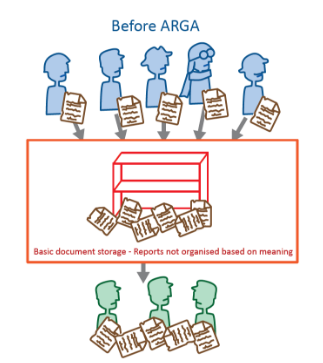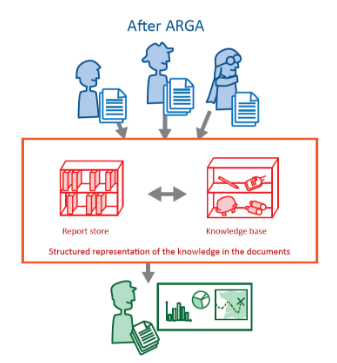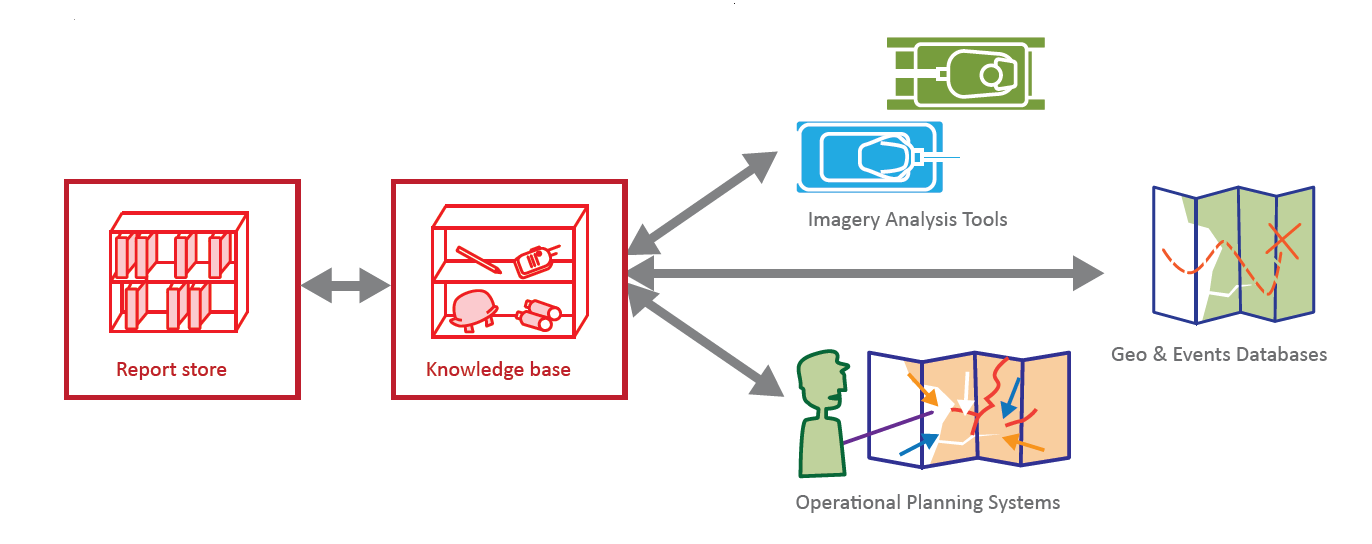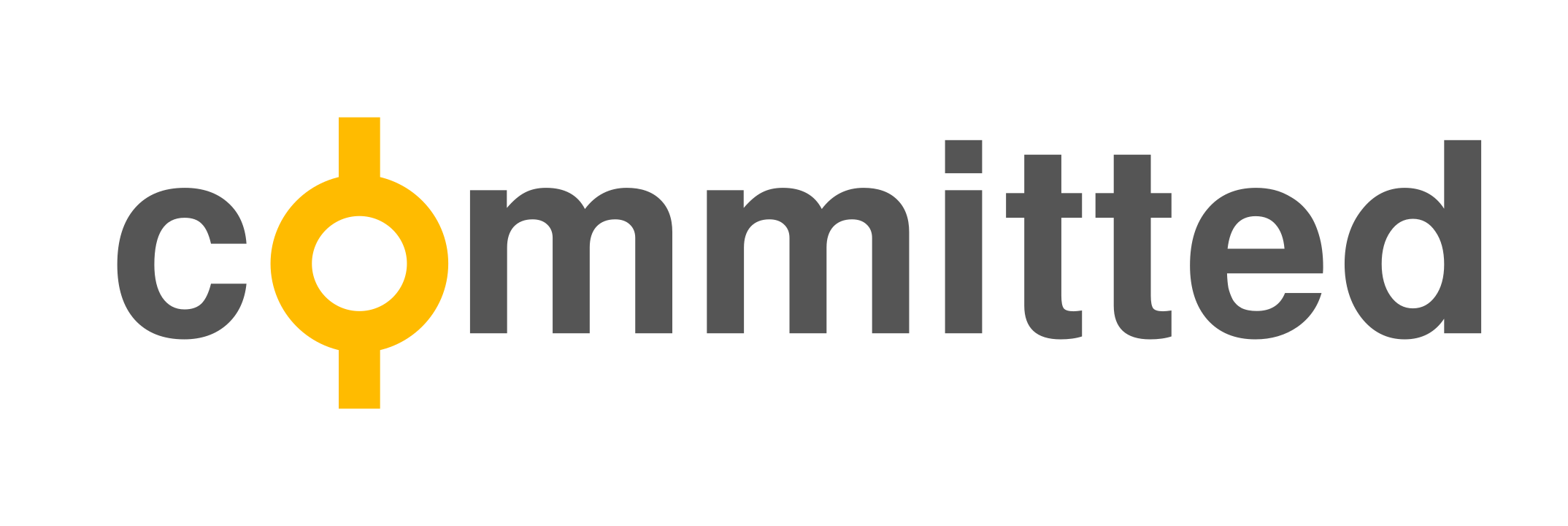Adaptive Report Generation Assistant - ARGA
The Project
ARGA is being funded through the Defence and Security Accelerator under the ‘Revolutionise the Human Information Relationship for Defence’ call. It aims to solve the information management and analysis problems stemming from the use of unstructured natural language text. Phase 1 of ARGA’s development was successfully completed in December 2017. Phase 2 funding has now been awarded and this stage of the project will conclude in May 2019. The project team are keen to gather information and ideas to help shape its thinking throughout Phase 2, so please get in touch using the provided contact details below if you have any thoughts you would like to share.
What does ARGA do?
Across the whole of Defence, large amounts of text data are routinely produced in an unstructured format, limiting data retrieval and impeding optimal decision-making. ARGA seeks to reduce the burden this creates at source by intelligently assisting authors to apply meaningful structure to text as they write, ultimately creating an adaptive information bridge between data producers and data consumers.
Here’s a short demo showing the tool working.
If you can’t access these videos, then you can download them here and here.
Without a means of structuring text, most documents end up in ‘data landfills’ after they have been exploited for their primary purpose. Emails languish in mail servers, reports fill up SharePoint sites and vital conversations become buried within burgeoning threads on group messaging platforms. In this form, these sources of text cannot be exploited to generate insights. Further, any attempts to retrospectively structure them are manpower intensive, boring and difficult.
 |
 |
| Before: Text document organisational structure is not linked to their meaning and content | With ARGA: Text documents are organised based on what they represent |
ARGA extends normal, natural language writing to capture structure at the point of creation. It provides a platform to capture more information about the subjects of a document from the person who knows most about whats written - the author. Further to this, ARGA can prompt the author to capture additional information that might have originally gone unspecified.

With a representation of the contents of the documents stored in the Knowledge Base, this information can be fused with other data stores and readily analysed. Text objects can now be linked with objects in other databases and the real world.
Why is ARGA novel?
ARGA focuses on tackling difficult open problems, such as: word/phrase prediction; reconciliation of alternative spellings; word-sense disambiguation; corpus-wide co-reference for entities; automated relationship and event extraction; and the development of self-learning ontologies. Unlike most current attempts to solve these problems, ARGA focuses the ML effort on the report generation stage, rather than waiting until the report has been submitted or an entire corpus created. As such, it facilitates true human-machine teaming, so that data producers and ARGA become co-authors of a report.
Future plans for ARGA
ARGA is designed to become a key tool within an integrated information environment. It has the potential to enhance the structure of text data for a wide range of systems used in a variety of defence tasks. Phase 2 will focus on increasing ARGA’s capability and enabling it to interact with other systems, either by providing structured text data or by consuming specialised datasets to improve its ability to learn. We are therefore interested to discuss collaboration with other project teams in order to explore potential integrated tools.
The Project Team
Contact
If you have any thoughts about the future development of ARGA please get in contact directly with Peter Coghill from the project team [email protected]. We are particularly interested in any input relating to potential use cases or relevant test environments. We look forward to hearing from you.


